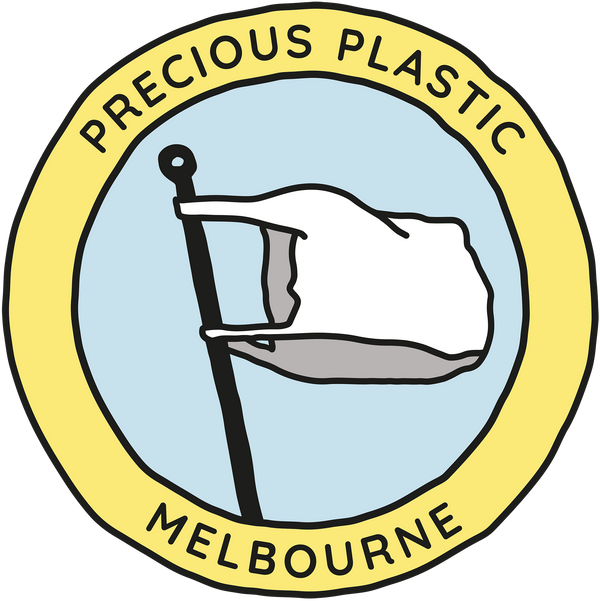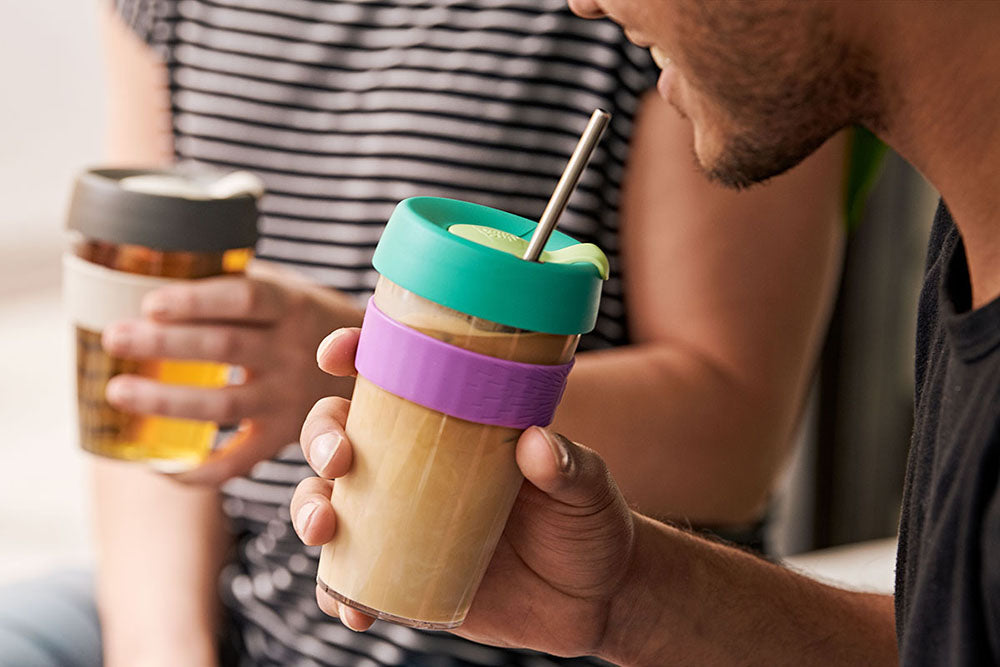
Market leader redefines waste stream potential, with cup to cup circularity within their supply chain
KeepCup: Get one. Waste None.
Objective
In pursuit of continuous improvement in their sustainable business practices, KeepCup, the prominent market leader in the global reusable cup industry, were actively seeking to integrate the recycling of clear plastic manufacture waste, damaged components, and customer returns for end-of-life products.
With suppliers already re-manufacturing other KeepCup plastic component material waste from production and customer returns, Tritan Copolyester (utilised in transparent KeepCup products) posed a challenge. Tritan, a BPA free clear plastic is categorised under the catch all #7 'Other' Plastics Identification Code (PIC), meaning no separation in kerbside collection, straight to landfill. Commercial recyclers would not accept material for recycling due to very low volume and its hard brittle nature, despite the Safety Data Sheets confirming it as a low-fume, low melting temperature polymer.
KeepCup engaged Precious Plastic Melbourne (PPM) to collaborate on understanding the material's safety requirements, exploring processes for repurposing Tritan, and identifying potential material reuse capabilities.
Approach
Testing materials were provided, consisting of 5kg of products made from Tritan. PPM conducted comprehensive R&D activities, encompassing material preparation, processing requirements and safety considerations, along with some additional materials exploration.
During the investigation, it was evident that Tritan necessitates additional preparation post-granulation. Furthermore, the material's strength indicated potential wear and tear on shredding equipment when recycling large volumes. However, with the appropriate preparation, injection-grade Tritan could be effectively recycled into parts (products) through injection or extrusion, maintaining excellent clarity and rigidity.
Regarding safety, it was observed that the material emits a level of fumes during the melting process similar to that of Polypropylene. Nonetheless, this concern was readily mitigated through standard fume extraction procedures.
The exploration of Tritan's compatibility with other plastic types led to experiments with the addition of HDPE. HDPE melts at a lower temperature and thus melted quickly, producing aesthetically appealing results. Despite this intriguing outcome, it was concluded that creating composite materials in bulk should be avoided to ensure future recyclability.
The final report provided comprehensive recommendations, covering potential opportunities, product considerations, equipment/safety aspects, and material utilisation. Based on the results, various material opportunities were identified, leveraging the inherent clarity of the material for producing finished goods. The report's key finding was that despite previous advice suggesting that Eastman Tritan™ Copolyester TX1501HF is not recyclable, PPM determined that with appropriate preparation, safety measures and utilisation of either Injection or Extrusion methods, Tritan can indeed be further recycled.
Eight months later, KeepCup reported that they applied the knowledge gained from PPM in their collaboration with their manufacturer - after conducting many trials using their own tooling, they successfully produced 100% recycled cups with clarity, maintaining the same quality as their existing products. KeepCup further advised that they had recently completed the granulation of 1 tonne of stored material waste collected over 8 years, sourced from manufacturing waste, rejected parts, and returns, which are to be used to produce a limited run of 11,000 reusable cups, launching as part of their new Cold Cup range.
Final steps for KeepCup entail organising lab testing to ensure compliance with global food safety requirements. Given the high quality of the material stream, no issues are expected to arise during this process.
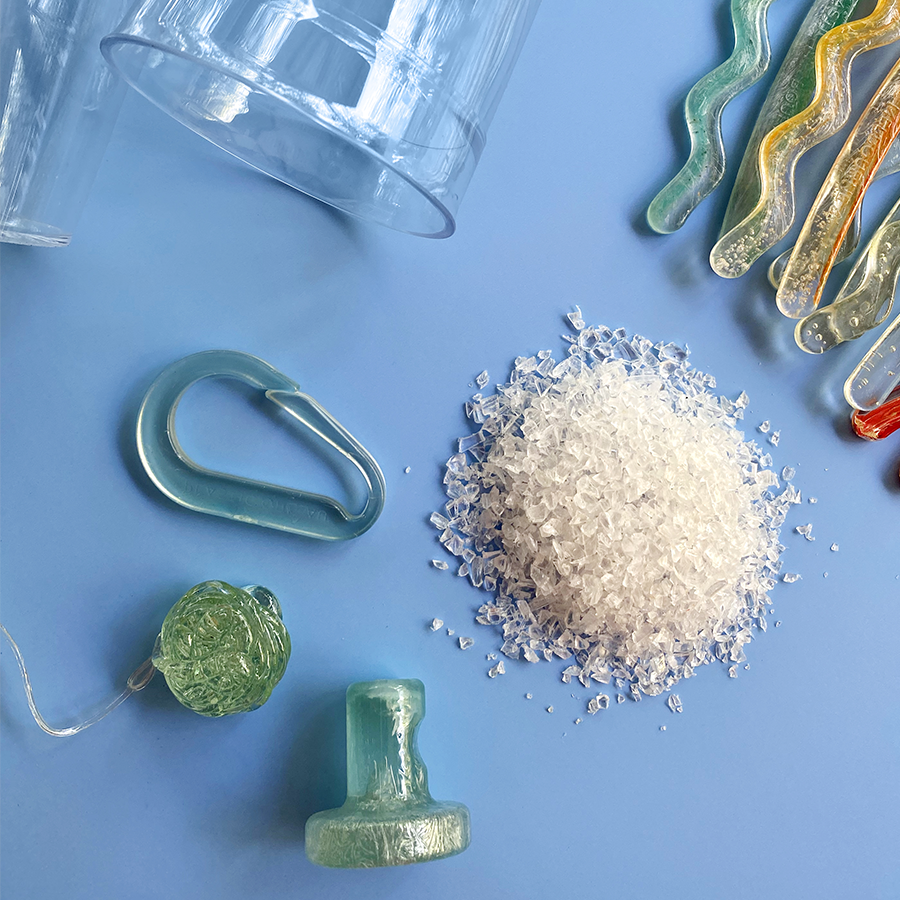
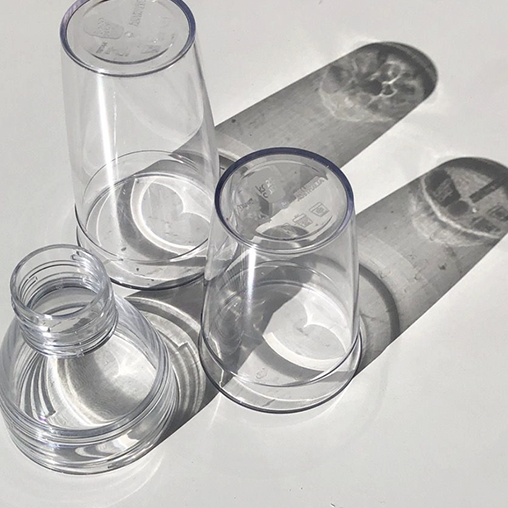
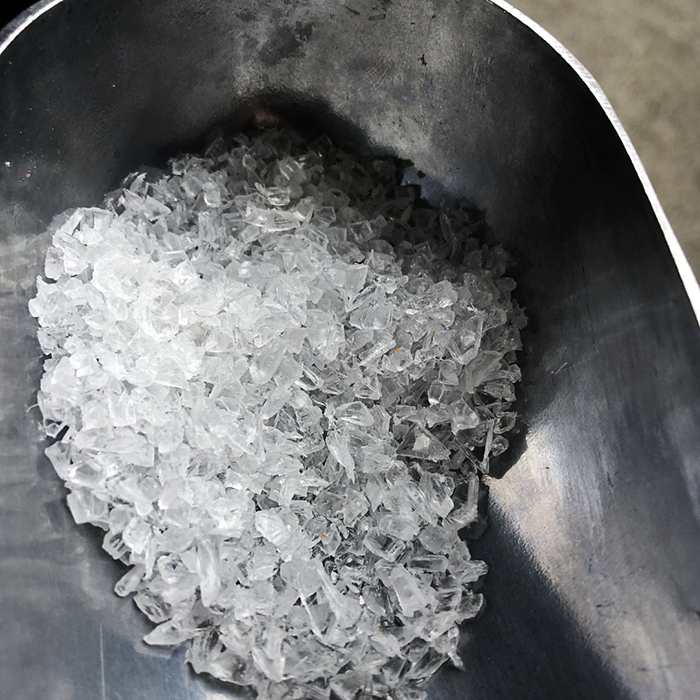
Results:
-
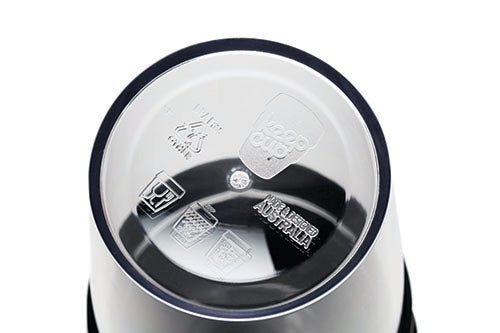
Project deliverables
Following the research and development phase, a comprehensive report was delivered outlaying:
• Recommended material safety requirements
• Material granulation safety and treatment solutions
• Potential processes for repurposing the material
• Possible material capabilities -
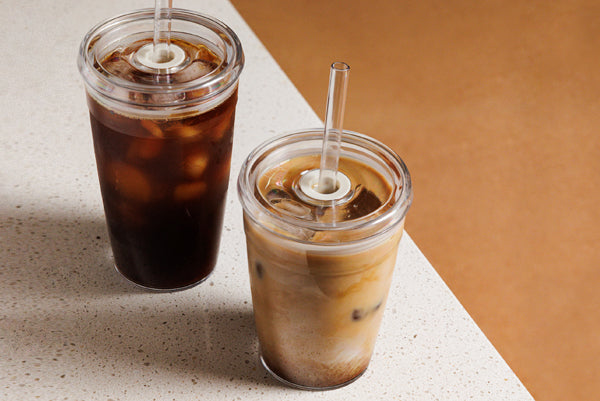
Project impact
PPM's exploratory efforts not only opened up new avenues for KeepCup to reimagine the potential of their waste stream, but also enabled them to advocate for circularity within their existing supply chain, resulting in the successful repurposing of 1 tonne of Tritan Copolyester.
-
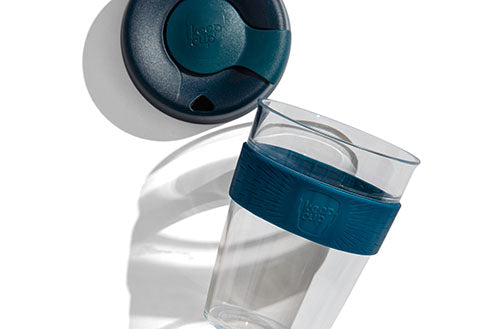
Lessons and success
Despite Tritan becoming increasingly common, readily available recyclability data was not available. Rather than accepting it as impossible, the PPM team embraced the challenge with an open mind. The most significant achievement of this project lies in successfully establishing proof of concept, setting the groundwork for future outcomes.
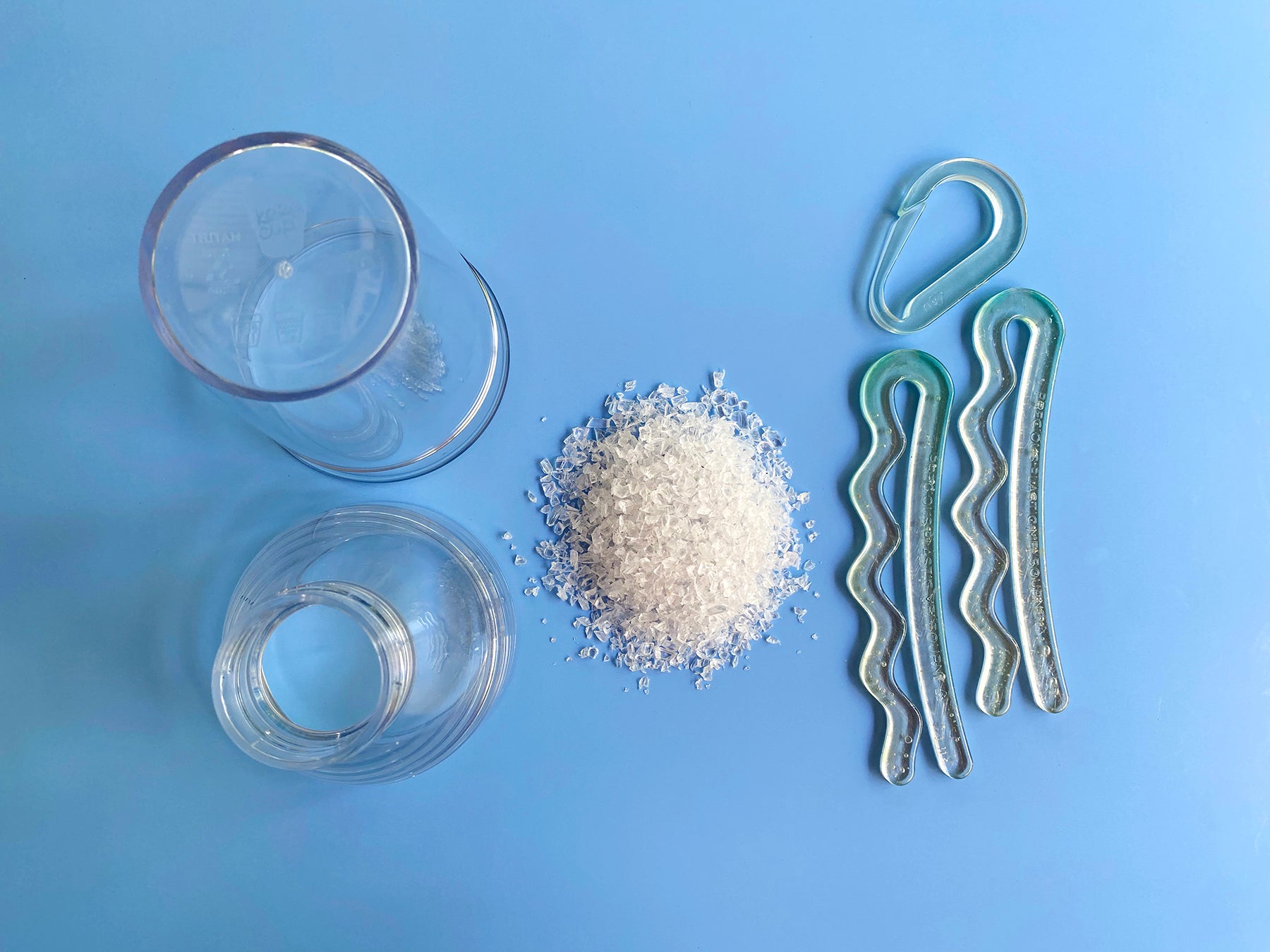
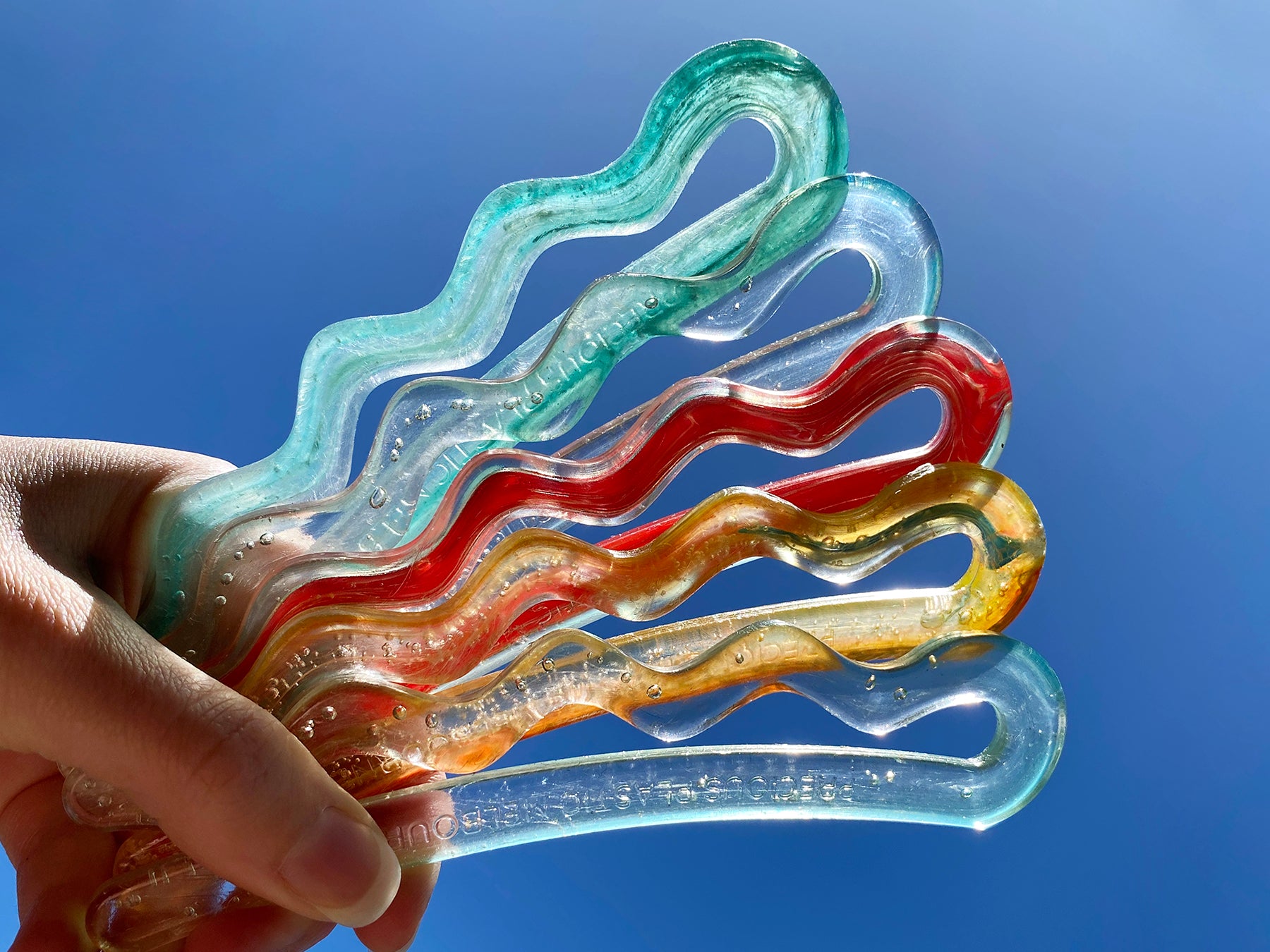
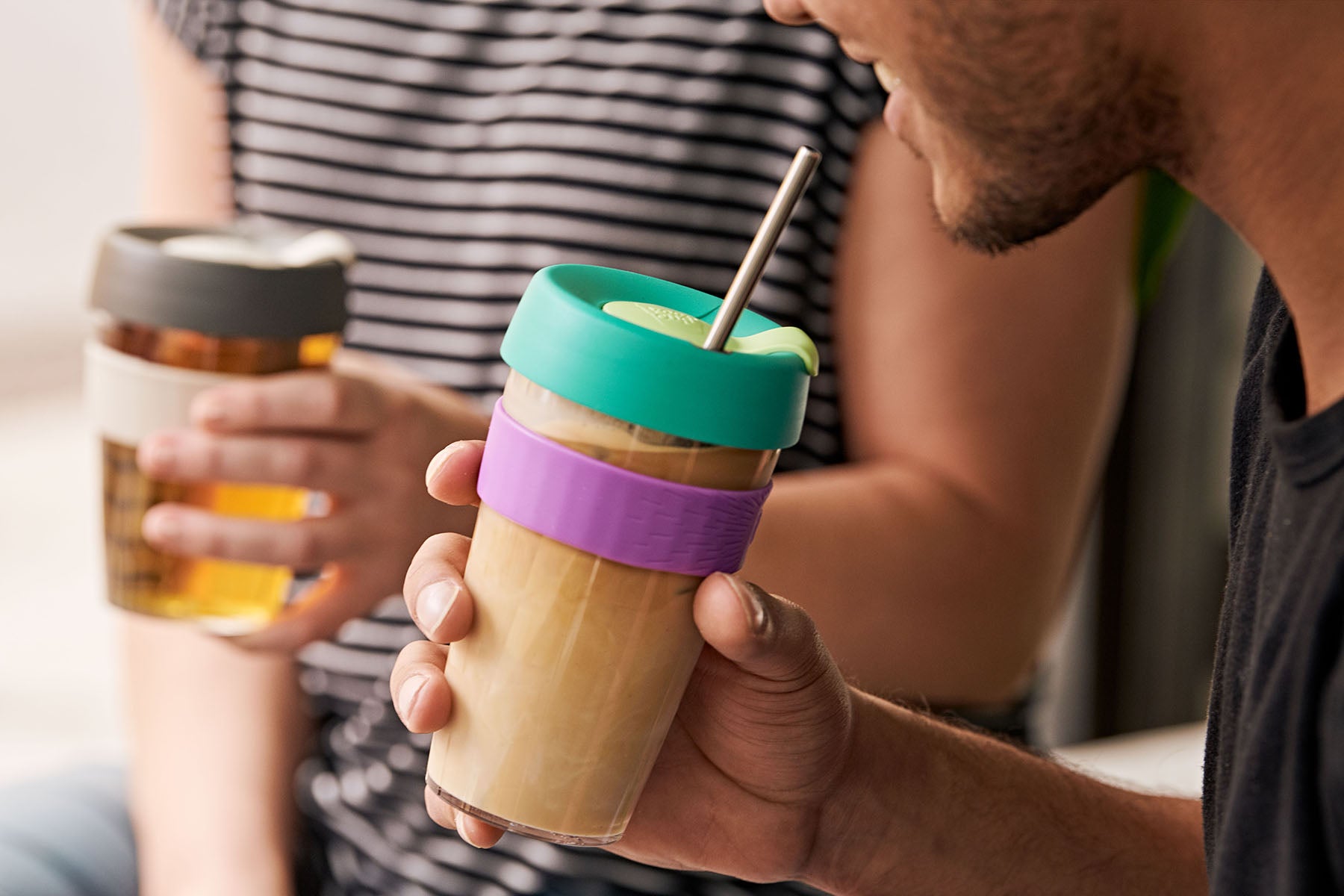
★ ★ ★ ★ ★
"It is always great to see what can and can’t be done with a material to help guide the design process."
Vincent Marsh
Product Design Engineer at KeepCup
